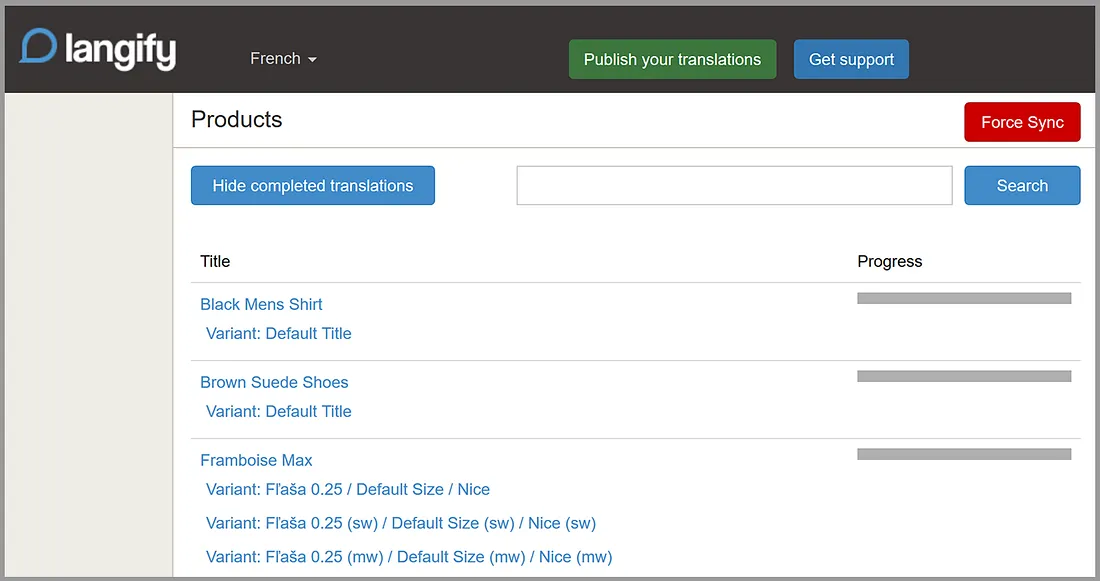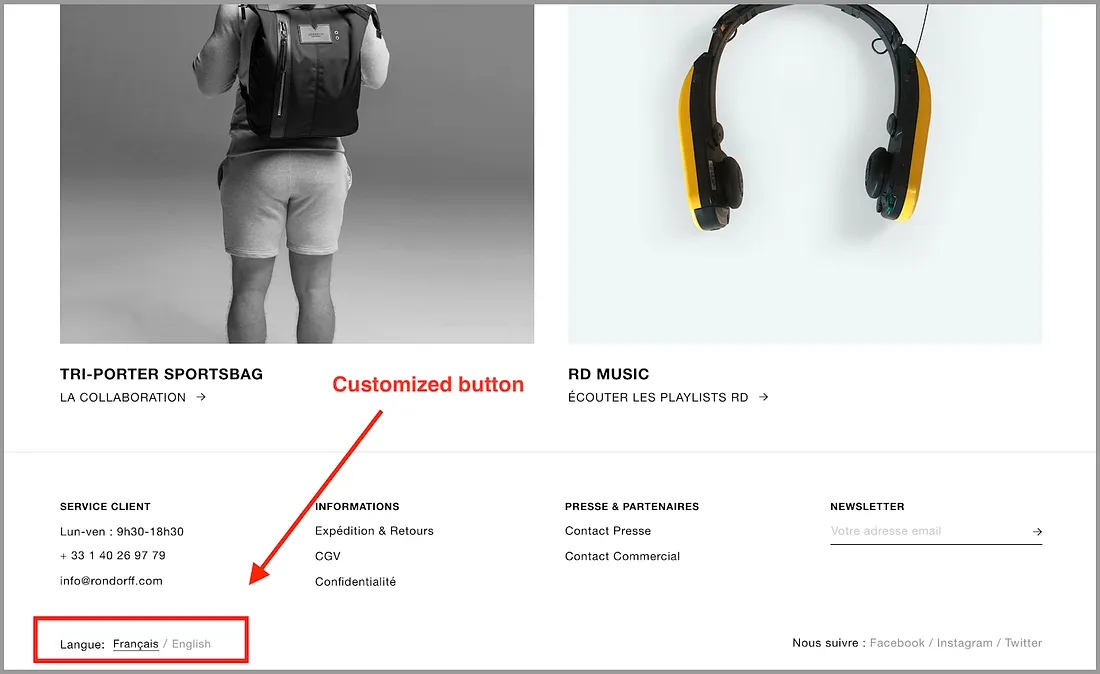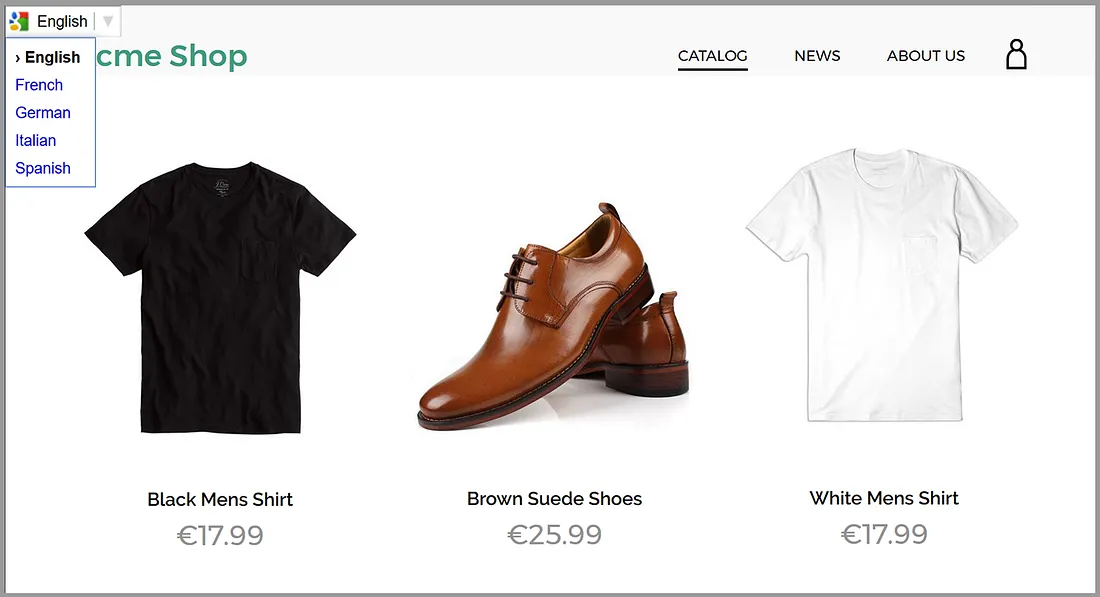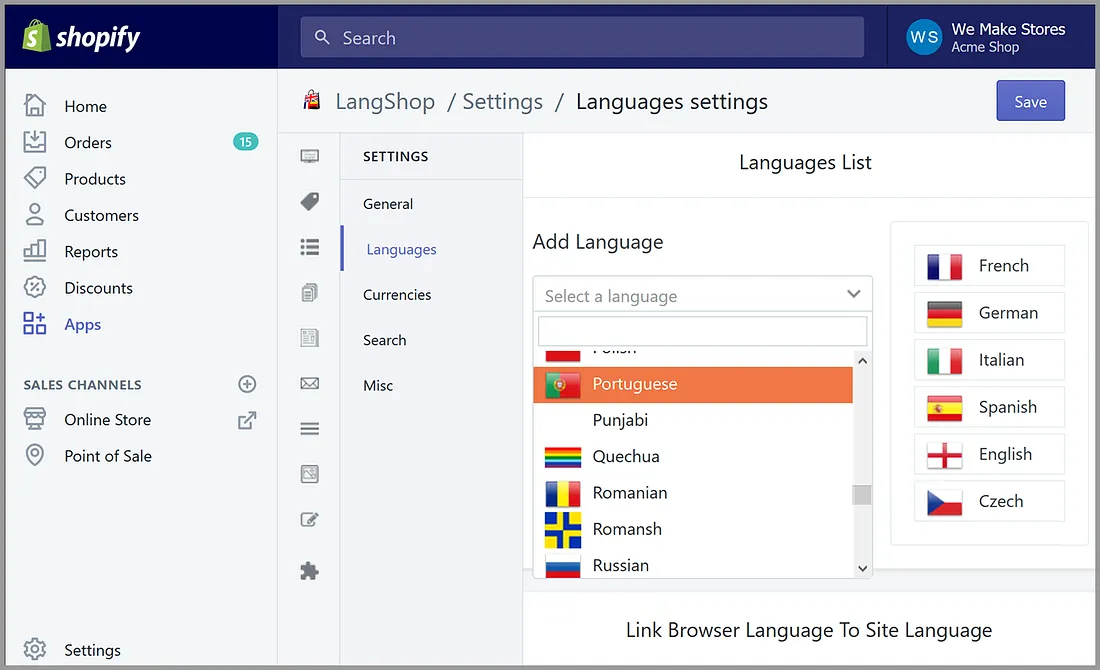Best Multi-Language Apps Review On Shopify

Global ecommerce in 2026 means selling across borders from day one. If your Shopify store only speaks English, you’re leaving revenue (and trust) on the table. In this guide, we review the best multi-language apps for Shopify and explain how each one stacks up.
Why localization matters now
Shoppers expect to browse, checkout, and receive invoices in their own language. If they can’t, they bounce. Adding multilingual support directly impacts:
- Conversion rates: clear checkout = fewer abandoned carts.
- SEO visibility: translated pages index separately in Google.
- Trust: people buy from brands that “speak their language.”
- Revenue growth: multilingual stores tap new markets overnight.
Note: True localization goes beyond words. Currencies, dates, delivery promises, and customer service must feel native too.
1) Langify SEO-friendly control

Langify is a veteran app in Shopify localization. It doesn’t auto-translate, but gives full control and clean SEO subfolders. If you use professional translators, it’s a solid choice.
Pros
- Unlimited languages
- Bulk import/export (CSV, JSON, XLIFF)
- SEO-optimized URL structure
- RTL support (Arabic, Hebrew)
Cons
- No automatic translations
- Time-consuming setup for large catalogs
2) Weglot Fastest rollout

Weglot blends automatic translation with manual edits. It handles checkout, notifications, and SEO subdirectories. Perfect for teams who want speed and polish.
Pros
- One-click setup
- Automatic + manual workflow
- RTL support
- Translates checkout & emails
Cons
- No CSV import/export
- Costs scale with traffic
3) Panda Language Translate Budget pick

Panda uses Google Translate to deliver instant multilingual support. It’s quick and cheap, but lacks finesse for brand-heavy sites.
Pros
- Setup in under 5 minutes
- Automatic translations
- Low monthly cost
Cons
- Quality depends on Google Translate
- Basic switcher design
4) LangShop Most customizable

LangShop uses Yandex for machine translations and supports manual edits. It includes a built-in currency switcher, making it a powerhouse for global sellers.
Pros
- Unlimited languages
- Currency switcher included
- Deep customization
Cons
- No RTL support
- Steeper learning curve
5) Multi Lingo Lightweight option
Multi Lingo is similar to Panda but hosted on Amazon’s cloud. It’s straightforward, affordable, and works well for small stores that don’t need advanced styling.
Pros
- Easy setup
- Yandex automatic translations
- RTL support
Cons
- Outdated UI
- Limited customization
Comparison Table
| App | Auto | RTL | SEO | Customization | Price |
|---|---|---|---|---|---|
| Langify | No | Yes | Yes | High | $17.50 |
| Weglot | Yes+Manual | Yes | Yes | Medium | €9.90–49 |
| Panda | Yes (Google) | Yes | Partial | Low | $7.99 |
| LangShop | Yes (Yandex) | No | Yes | Very High | $17.99 |
| Multi Lingo | Yes (Yandex) | Yes | Partial | Medium | $5.99 |
Don’t forget multilingual invoices
Invoices and receipts must match the store experience. Sufio integrates with translation apps to generate localized invoices, credit notes, and packing slips.
Final thoughts
Shopify’s ecosystem in 2026 makes it easier than ever to sell globally — but only if your store speaks your customer’s language. The best app for you depends on your budget and how much control you need:
- Langify: best for pro translators & SEO.
- Weglot: fast rollout with polish.
- Panda: budget-friendly quick start.
- LangShop: maximum control + currency switcher.
- Multi Lingo: simple, no-frills option.
Whichever you choose, test thoroughly and always get native speakers to review. Your customers will thank you with trust and higher conversions.




